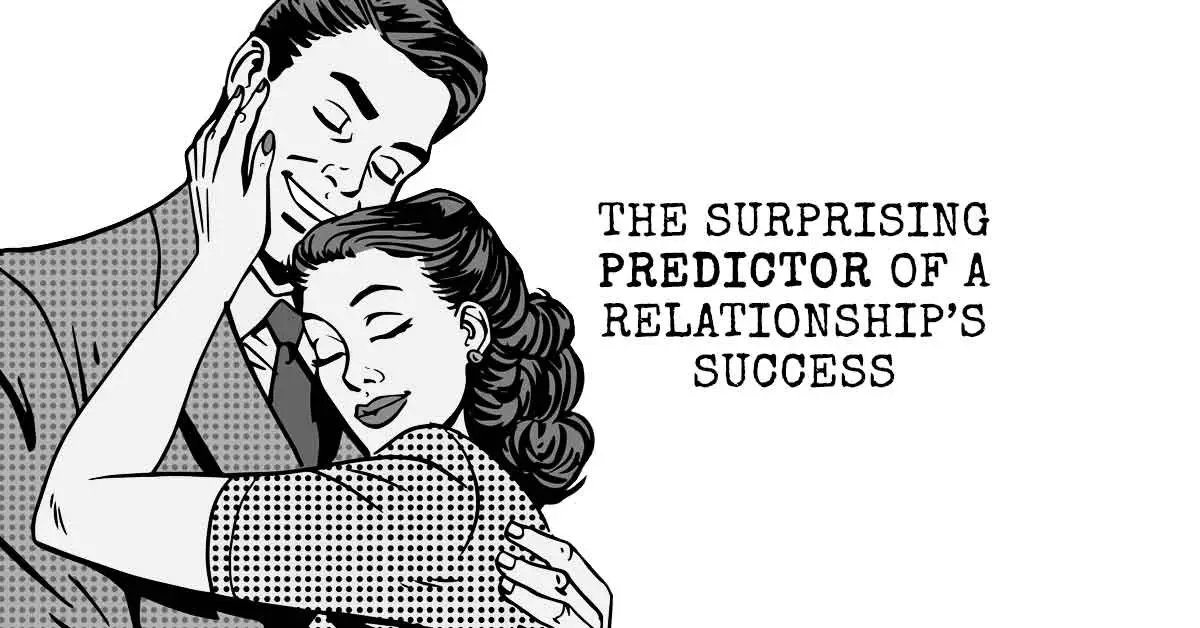The Surprising Predictor of a Relationship’s Success

Do you ever wonder if your relationship is going to last? Do you spend hours analyzing your interactions, measuring compatibility, and comparing your level of happiness with that of other couples?
Does this only seem to make you more confused?According to a scientific study, there is a much simpler way to determine whether your partner is the one – and it’s also infinitely more effective.
Just ask your gut.In fact, don’t analyze anything at all. As it turns out, in love, the more we think about a relationship with an analytical and intellectual focus, the less accurate we become in predicting its future success.
It’s always surprising to see the scientific community adopt an anti-thinking standpoint. However, in this case the evidence is very clear cut. When we over-analyze our relationships (and other emotionally based issues), our perspective shifts and our judgement suffers. We become confused about the reasons we feel the way that we do. We make decisions that are easy to explain from a cerebral standpoint, and these do not always align with our more complex emotional choices.
Instead, you choice a piece of religious art from the Italian Renaissance period. You understand the techniques used, the historical context, and the cultural significance. It’s a safe bet, and a winning choice for your brain. Intellectually, it’s the correct decision.
It’s not representative of your inner self. It does not reflect your emotional state and identity.
If you took them both home, it would not be the one still hanging on your wall in twenty years.
Analyzing our romantic choices functions in much the same way.
When asked to explain and articulate our feelings, we become confined to those dynamics we can easily understand. This is ineffective because, at the risk of sounding overly sentimental, love runs much deeper than that. Our emotions are more complex than our thoughts. By confining them to logical concepts, we risk leaving out the most important parts.
The other half simply assessed their satisfaction without conducting any kind of analysis first.
After approximately six months, the couples were contacted and asked to provide an update on the status of their relationship. For the couples who were not asked to analyze their partnership, there was a very strong correlation between their earlier predictions and the relationship’s success or failure.
However, for those who had been asked to analyze their relationship first, the correlation was almost nonexistent. It would seem that by analyzing their relationship, the test subjects lost their otherwise strong ability to predict its future success or failure.
“Don’t try to comprehend with your mind. Your minds are very limited. Use your intuition,” wrote Madeleine L’Engle. Our heart knows more than we give it credit for. If you want to predict the future of your relationship, keep your brain out of it. Trust your intuition instead.
No comments:
Post a Comment